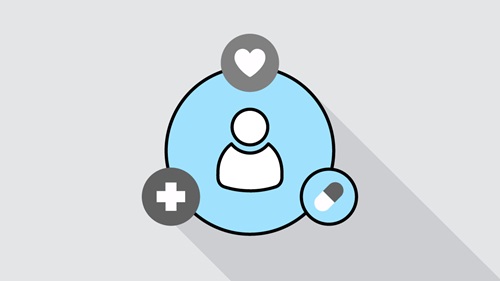Diversity, Equity and Inclusion:

Philadelphia STEM Equity Collective
The Philadelphia STEM Equity Collective is a 10-year collaborative effort to increase the number of diverse Philadelphia students entering STEM careers. GSK is honored to bring together Philadelphia schools, out-of-school time providers, universities and colleges, employers, local government and the philanthropic community using a collective impact approach to identify and close gaps confronting children from backgrounds underrepresented in STEM. In addition, GSK will support in-school programming and community efforts through an annual grantmaking process committing $1 million a year for 10 years.

Diversity, Equity & Inclusion Progress & Commitments
We’ve made good progress – delivered a new inclusion training, launched a development program for ethnically diverse employees, and we’re reviewed and enhanced our recruitment and selection processes – to name a few. We’re eager to achieve even more – so in March 2021, GSK set new aspirations for gender and ethnically diverse representation in senior roles in the UK and US by the end of 2025.

Recruiting Diverse Talent
We’re committed to improving diversity at GSK by recruiting and appointing diverse talent that mirrors the communities in which we work and serve. We have a strong track record of attracting ethnically diverse talent on our graduate programs. We’ve made several changes to widen participation by investing in a challenging and progressive, strengths-based recruitment process that allows us to select the very best talent for GSK. This means we don't rely on traditional screening criteria alone, e.g. which school or university candidates attended. For example, one of the early talent diversity programs we’re involved with is the HBCU (historically black colleges and universities) Partnership Challenge.
Environmental Sustainability:

Carbon
Our climate strategy covers the full value chain of emissions reductions across our own operations, our supplier base and emissions from patient use of our products. We have set out a projected pathway to reaching net zero carbon by 2030 and identified the key activities that will help us reach this goal. We have joined RE100 and have committed to using 100% renewable electricity by 2025.

Waste
Access & Affordability:

Access Strategies
Save the Children
Save the Children and GSK joined forces in 2013. Our innovative ten-year partnership with Save the Children goes beyond the traditional corporate charity fundraising model to help save one million children’s lives. We are combining GSK’s scientific and manufacturing expertise with Save the Children’s on-the-ground experience to find new ways to help bring down the number of children dying from preventable and treatable diseases.
